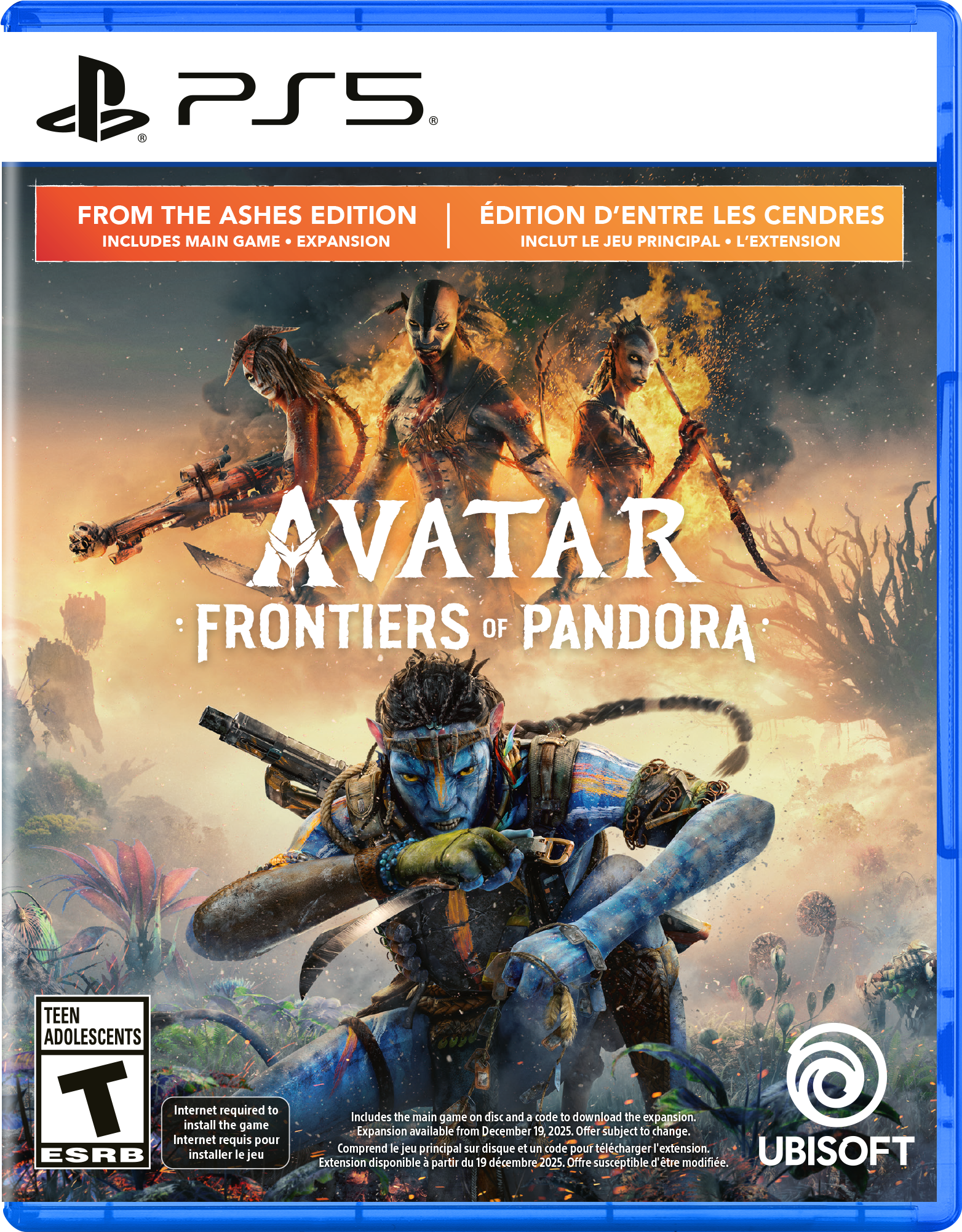Home
Foes From the Northern Frontier
Barnes and Noble
Loading Inventory...
Foes From the Northern Frontier in Franklin, TN
Current price: $23.00

Barnes and Noble
Foes From the Northern Frontier in Franklin, TN
Current price: $23.00
Loading Inventory...
Size: OS
Are there any biblical references to territories in what is today the country of Russia? The author's answer is yes, but Ezekiel's reference to Rosh and Meshech is not one of them. In a thoroughly documented discussion, the author describes the Uratrians, Manneans, Cimmerians, and Scythians. Three of these northern foes of Israel are referred to by Jeremiah (in 51:27), the Cimmerians by Ezekiel (38:6). ...with the exception of Egypt, writes the author, almost all of Israel's enemies came from the north, though from the viewpoint of a modern map, many of these came ultimately from the east. The Urartians occupied what is now Soviet Armenia, southeastern Turkey, and northwestern Iran. The Manneans lived south of Lake Urmia, between Urartu and Assyria. The Cimmerians first appeared in the steppes north of the Caucasus, then crossed the Caucasus, and eventually invaded Asia Minor. The Scythians were nomadic tribes from the Russian steppes, some of whom settled in the Ukraine north of the Black Sea, others east of the Caspian. But what of Rosh, Messhech, and other names in Ezekiel 38:2? Is Rosh, Russia and Meshech Moscow? Rosh cannot possibly be related to Russia, insists the author. Nor can the terms Gog and Magog, no proposed identification for which has yet to win universal consent. Meshech and Tubal, on the other hand, have been located for certain - in central and eastern Anatolia.
Are there any biblical references to territories in what is today the country of Russia? The author's answer is yes, but Ezekiel's reference to Rosh and Meshech is not one of them. In a thoroughly documented discussion, the author describes the Uratrians, Manneans, Cimmerians, and Scythians. Three of these northern foes of Israel are referred to by Jeremiah (in 51:27), the Cimmerians by Ezekiel (38:6). ...with the exception of Egypt, writes the author, almost all of Israel's enemies came from the north, though from the viewpoint of a modern map, many of these came ultimately from the east. The Urartians occupied what is now Soviet Armenia, southeastern Turkey, and northwestern Iran. The Manneans lived south of Lake Urmia, between Urartu and Assyria. The Cimmerians first appeared in the steppes north of the Caucasus, then crossed the Caucasus, and eventually invaded Asia Minor. The Scythians were nomadic tribes from the Russian steppes, some of whom settled in the Ukraine north of the Black Sea, others east of the Caspian. But what of Rosh, Messhech, and other names in Ezekiel 38:2? Is Rosh, Russia and Meshech Moscow? Rosh cannot possibly be related to Russia, insists the author. Nor can the terms Gog and Magog, no proposed identification for which has yet to win universal consent. Meshech and Tubal, on the other hand, have been located for certain - in central and eastern Anatolia.

















